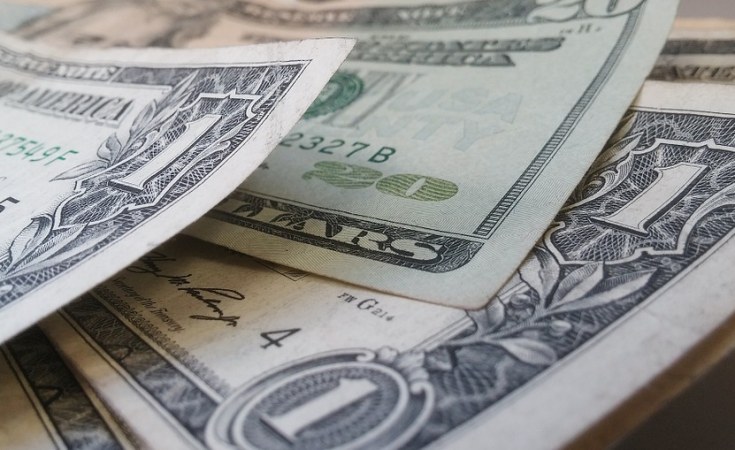Ghana is battling its worst economic crisis in a generation, amid a currency crisis that has worsened the nation's fiscal position
Ghana's consumer inflation rose to 54.1 per cent year-on-year in December, up from 50.3 per cent the previous month, the country's statistics office said Wednesday.
Representing the highest level in 22 years, the surging inflation rate is driven by skyrocketed prices of fuel, utilities and food. December's inflation reading in the West African country is the highest since April 2001, when it was at 59.7 per cent.
The statistics office said prices rose the most in the category of housing, water, electricity, gas and other fuels, up 82.34 per cent year-on-year while furnishings and household equipment surged up 71.52 per cent.
It was followed by transport at 71.42 per cent, while food and non-alcoholic beverages inflation was at 59.71 per cent year-on-year.
Ghana is battling its worst economic crisis in a generation, amid a currency crisis that has worsened the nation's fiscal position.
Last October, the Ghanaian currency, Cedi, became the worst performing currency in the world after it lost 45.1 per cent of its value to the United States' dollar in 2022.
The cedi depreciated 3.3 per cent, down 11.2750 per dollar in the Ghanaian capital city, in response to the government's talks with the International Monetary Fund (IMF) on debt restructuring.
A Bloomberg report said the cedi's poor performance against the dollar makes it the worst among 148 currencies tracked.
The Ghanaian monetary authorities had initiated formal negotiations with the IMF for an extended credit facility as the West African country hopes to receive up to $3 billion in loans over three years in a bid to stabilize balance of payments.
Ghana's talks with the IMF began amid plans for a bailout programme designed to restore macro-economic stability as spiraling inflation triggered street protests against price hikes, taxes and other levies.


